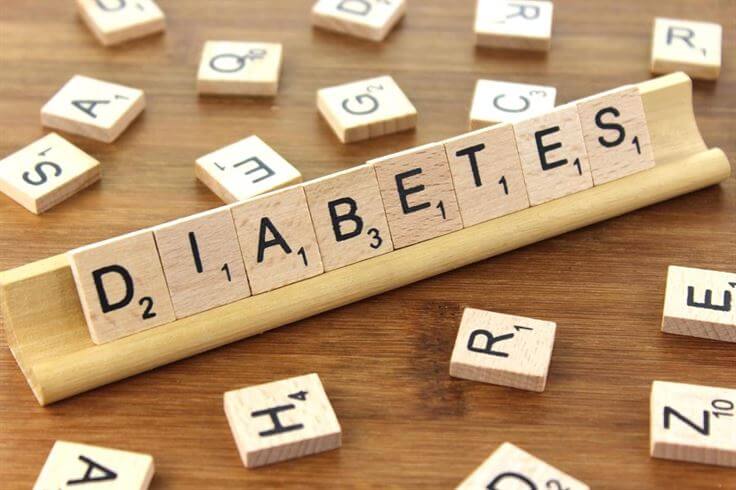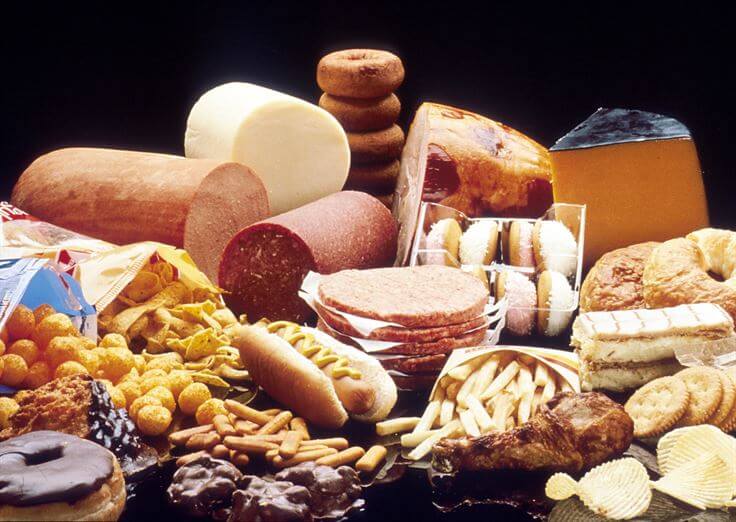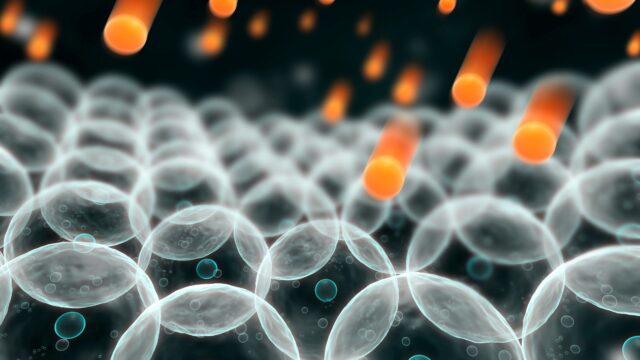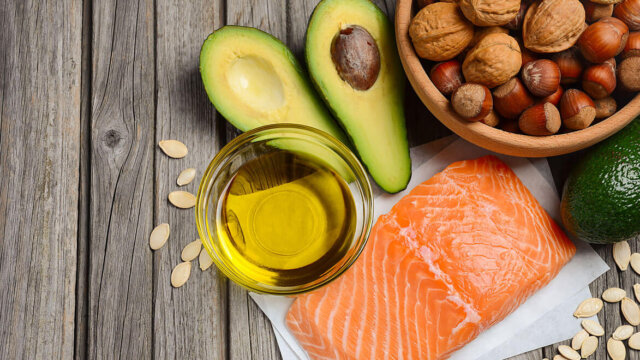FTC disclaimer: This post may contains affiliate links and we will be compensated if you click on a link and make a purchase.
You would have heard people saying that avoid trans fats as much as possible.
Is trans fat bad for you? Generally, it is acceptable that trans fats are bad for your health.
But, still, most of the processed foods contain trans fats in a hidden form. Also, the most famous food chain restaurants use trans fats in their products.
Most commonly, you will find bread, cookies, crackers, cakes, ice cream, and all sorts of packaged food.
According to the World Health Organization, it is estimated that the intake of industrially-produced trans-fatty acids contributes to approximately 540,000 deaths each year.
Also, the high level of trans fat intake increases the risk of death by 34%. At the same time, 28% of deaths are primarily caused by coronary heart disease.
In this article, we will discuss everything related to trans fats. And we will come to know why trans fats are bad for you.
What are trans fatty acids or trans fats?

Trans fats or trans fatty acids are a type of unsaturated fat that occurs naturally and artificially.
Artificial trans fatty acid or Industrial trans fatty acid is formed by adding hydrogen to liquid vegetable oil, converting to solid fats. This process is known as hydrogenation.
When you see “partially hydrogenated oil” or “hydrogenated oil” on the label, it means it’s trans fat.
However, artificial trans fatty acid is the worst kind of dietary fatty acids.
While natural trans fatty acids are present in beef and dairy products, it accounts for only 2%-5% of the fatty acid content, which is a considerably meager amount.
Are natural trans-fat foods healthy?
Yes! Trans fat occurring naturally is healthy.
The research conducted by the University of Alberta researcher Flora Wang has revealed that natural trans fat in dairy and beef products is known as trans vaccenic acid (VA).
While trans vaccenic acid helps in reducing the risk associated with heart diseases, obesity, and diabetes.
What about artificial trans fats?
Artificial trans fat is considered dangerous and toxic to your health.
It is linked to many health-related issues like stroke, heart disease, diabetes, etc.
Its primary purpose is to create inflammation, contribute to insulin resistance and many other chronic conditions.
In the U.S, the FDA has banned the use of trans fats in commercially prepared foods.
Still, it is essential to look carefully at the food labels. And, sometimes, it is hidden in food labels with some other names.
Let’s learn how trans fats will affect your health.
Why are Trans fats bad for you?
How does trans fat cause heart disease?

The large population who consume trans fats have been shown to increase the risk of getting coronary heart disease (CHD).
Based on the evidence of various studies, Coronary heart disease occurs by clogging arteries with the formation of plaques that restrict the blood flow to the heart muscle.
According to the study, the formation of plaques (build of cholesterol and fatty deposits) is due to the increase of bad cholesterol (LDL) and the decrease of good cholesterol (HDL) in the blood.
So, it is widely accepted that if we lower our LDL cholesterol, we can reduce coronary heart disease risk.
Moreover, it is estimated that the intake of trans fatty acids from partially hydrogenated oils is responsible for around 30,000 to 100,000 premature deaths in the United States.
Consumption of trans fats during pregnancy

Previously, it was assumed that trans fatty acid wouldn’t cross the placenta, and thus it won’t affect the fetus.
However, a new study has confirmed that trans fatty acids affect both mother and fetus. It is shown that trans fatty acid is transferred to a fetus from the mother through the placenta.
Moreover, it also indicated that newborn infants would have the same level of trans fat as mothers in the bloodstream.
Another study revealed that the high intake of trans fat would inhibit the formation of long-chain polyunsaturated fatty acids (LCPUFAs).
Long-chain polyunsaturated fatty acids are essential in developing the central nervous system and vision in the fetus.
Also, the trans fatty acids in the infant’s blood will shorten the mother’s pregnancy period as per the study.
Another surprising observation and findings revealed that high trans fatty acid levels would risk developing preeclampsia (pregnancy-induced hypertension).
Does Trans fat cause Cancer?

Consumption of trans fatty acids is linked to have a greater risk of developing breast cancer in women.
In a study conducted on European women, Trans fatty acids have shown a positive association with breast cancer.
While in another study, it’s been reported that the consumption of a high level of trans fat will lead to colon cancer.
It is also more likely to develop in men and women above the age of 67 years.
Can trans fat cause diabetes?

It was observed that the intake of industrially-produced trans-fatty acids is associated with type-2 diabetes.
Research conducted on women for 14 years revealed that the consumption of trans fat would give rise to the development of type 2 diabetes.
However, the study carried out at the National Institute of Nutrition (NIN) has shown that trans fatty acids’ intake increased insulin resistance.
Can trans fat cause obesity?
The research has indicated that the intake of trans fat may increase weight gain and abdominal fat deposits.
Research conducted on animals shown the consumption of trans fatty acids has gained weight by 7.2%.
The most frequently asked question of trans fat
What are the alternative names of trans fat?
Trans fatty acids; Partially hydrogenated oil (PHOs)
Which food contains trans fat?

Trans fats are mainly in processed and packaged foods. Also, these foods have very low in nutrients and high in sugar and sodium.
Many foods contain trans-fat, but we are listing some of the most common trans-fat foods.
- Commercially-baked cookies, biscuits, sweet rolls, donuts, cakes, muffins, pastries, and pies
- Crackers and Bread
- Frozen foods, such as ice cream, frozen dinners, pizza, frozen yogurt, milkshakes, and pudding
- All type of Snacks foods
- All types of fast foods or fried foods (French fries, fried chicken, chicken nuggets, breaded fish)
- Solid fats such as margarine and shortening
- Non-dairy creamer
Above all, it is essential to read labels and identify foods that contain trans fat. However, it is recommended to avoid foods altogether that contain trans fat.
How to read nutrition labels that contain trans fat?
We will find all packed food has a nutrition label that includes how much trans fat it contains.
So, to keep track of how much trans fat you eat, read the food labels below.
- Always check the total fat in one serving.
- After that, look closely at the amount of trans fat it contains in a single serving.
- Make sure you count the number of servings you eat in a single sitting.
- If the labels don’t show any trans fat or written “trans-fat-free,” then look for the words “partially hydrogenated” or “hydrogenated vegetables oil in the ingredient list.
- If the manufacturers show 0 grams of trans fat, then the product contains less than 5 g per serving.
- Most of the restaurants use solid oil that contains trans fat for frying. Ask for nutrition information and the type of oils they are using while making foods.
Does heating or frying oil create trans fat?
It has been found that heating or frying oil at high temperatures can increase the trans fat concentration.
Heating oil at high temperature will increase trans fat concentration by 3.67g/100g.
Further, frying oil at high temperature will increase trans fat by 3.57 g/100g.
Which produces more trans fat: partially hydrogenated oil or heating or frying an oil?
The amount of trans fat produced by heating or frying oil is meager compared to the trans fat produced by partially hydrogenated oil.
On average, trans fat concentration in partially hydrogenated oil is 25-45% of the oil.
While heating or frying only increases trans fat by approx 3% of the oil.
How to avoid trans fat? Which oil is healthy?
Consumption of trans fat will reduce drastically if you remove all types of processed foods from your life.
You can replace refined vegetable oil with healthy oils.
The oil-rich polyunsaturated fatty acids (PUFA) and monounsaturated fatty acids (MUFA) are good for health.
The best cooking oil to buy is Olive oil, Avocados oil, Coconut oil.
The bottom line
Most trans fat comes from processed foods and ultra-processed foods that are hazardous to your health.
Artificial trans fat is dangerous and has been linked with long-term inflammation, diabetes, obesity, and much more.
While natural trans fat are safe to consume and does not associate with any health problems
Although the consumption of trans fat has been reduced drastically still, the average intake of trans fat is a prime concern in many countries.






![5 Quick Natural Ways to Fight Cold and Flu [Natural Remedies]](https://healthyious.com/wp-content/uploads/2019/11/5-Quick-Natural-Ways-to-Fight-Cold-and-Flu-Natural-Remedies-640x360.jpg)

